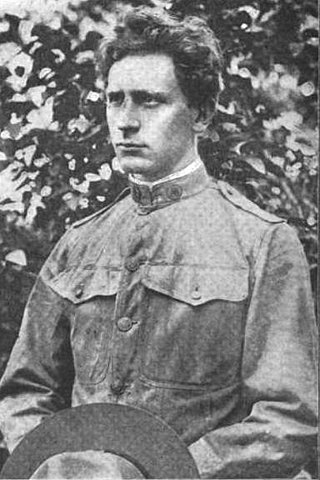Originally published 1.07.23.
Now that people are performing Dett’s oratorio a lot more often, you will undoubtedly come across different composition dates, namely 1932 and 1937. The full performance version is from 1937, however, and the 1932 version for Dett’s MM Thesis at Eastman contains significantly less music.
I am not currently aware if anyone has been doing any work on exactly when Dett began his work on his only surviving orchestral piece. We do get a valuable clue from Vivian Flagg McBrier’s dissertation/book, R. Nathaniel Dett, His Life and Works. McBrier quotes from a “personal notebook” that relates an interaction between Dett and his close friend, Percy Grainger (here’s a character). Grainger was visiting the Hampton Institute (now Hampton University) in 1930.
Dett and his elite-level choir were about to embark on their famous European tour. Wanting to impress his friend, Dett had the choir sing excerpts from what would become The Ordering of Moses. Grainger was impressed, and he reportedly asked Dett how long it took him to compose the “Go Down, Moses” fugue. Dett reportedly replied, “Four years,” to which Grainger is said to have replied, “I thought so.”


Now, this is a great story, BUT McBrier does not say where this “personal notebook” is, only that it was in her possession at the time she wrote her dissertation/book. I have not been able to find out what happened to McBrier or her belongings, so I do not know how anyone would be able to confirm this story.
All the same, I feel confident enough to assume that Dett had the choral parts already written by the time he stepped through the doors of Eastman in the Fall of 1931. The R. Nathaniel Dett Collection of Eastman’s Sibley Library has a beautifully stenciled, cleanest-of-the-clean copy of the choral parts that sits apart from the manuscript of his full score. The choral parts are also stenciled in and pristinely blemish-free throughout the manuscript full score. The rest of the full score, I must say, looks the way a composition project does when a deadline approaches: it starts off pretty cleanly at the beginning, but it becomes very sketch-like and messy by the end. This fits with the anecdote about him writing the choral parts (probably with piano or organ accompaniment) at least four years prior to 1930–let’s say ca. 1926.
While it is always risky to rely solely on newspaper reports (I am forced to do it too often, however), in this case Rochester’s Democrat and Chronicle related on 23 November 1936 that The Ordering, “on which he has been at work for 10 years…was unsatisfactory to the composer [as his MM thesis] and he rewrote the score. The present oratorio represents the third major revision.”
By the MM Thesis submission in May/June 1932, Dett had mostly composed everything except the “Meditation,” the “March of the Israelites through the Red Sea,” and “Egyptians Pursue.” Percussion parts are only sketched sporadically into the score as an afterthought, since they are penciled in on top of ink. Further, some transitions and passages that would appear in the 1937 manuscript also have not yet been written.


By 1937, Dett had finished what appears in the current rental score as of February 2023. That version is a manuscript (that is, it’s in Dett’s handwriting) that was furnished to Luck’s Rental Library. I would not assume that it is the very same score that was used for its 1937 premiere by the Cincinnati May Festival. For all we know, Dett might have changed or added a few things before he sent the score off!
So, long story short, it is my humble opinion that Dett composed his oratorio from ca. 1926 to the middle of the year in 1937. That means he started it while he was still at Hampton (choral parts plus provisional piano or organ accompaniment), orchestrated a big chunk while a student at Eastman, and then added three new movements plus put the finishing touches on it. He most likely did these last things while he lived in Rochester and possibly when he taught at Samuel Huston College in Texas (now Huston-Tillotson University) and Bennett College in North Carolina. There is also a chance that he worked on its initial orchestration while in Paris during the summer of 1929, but I am still searching for evidence of that.
